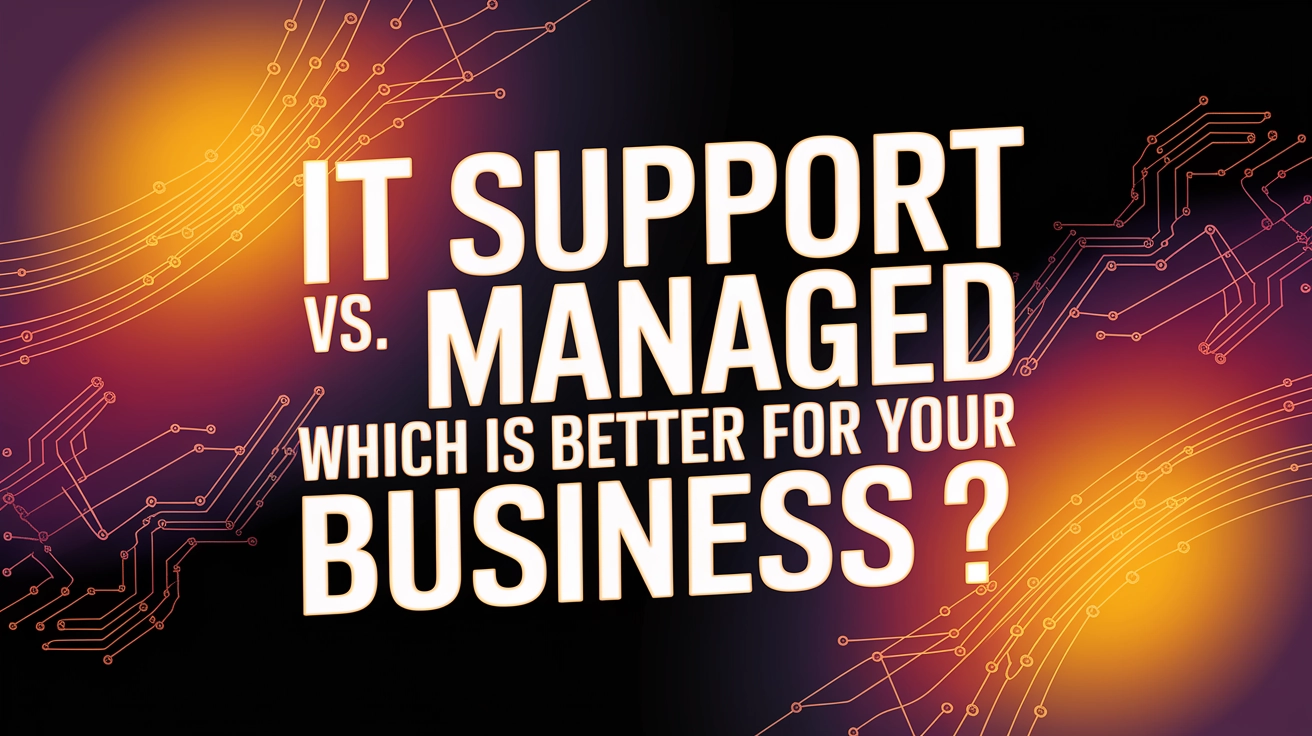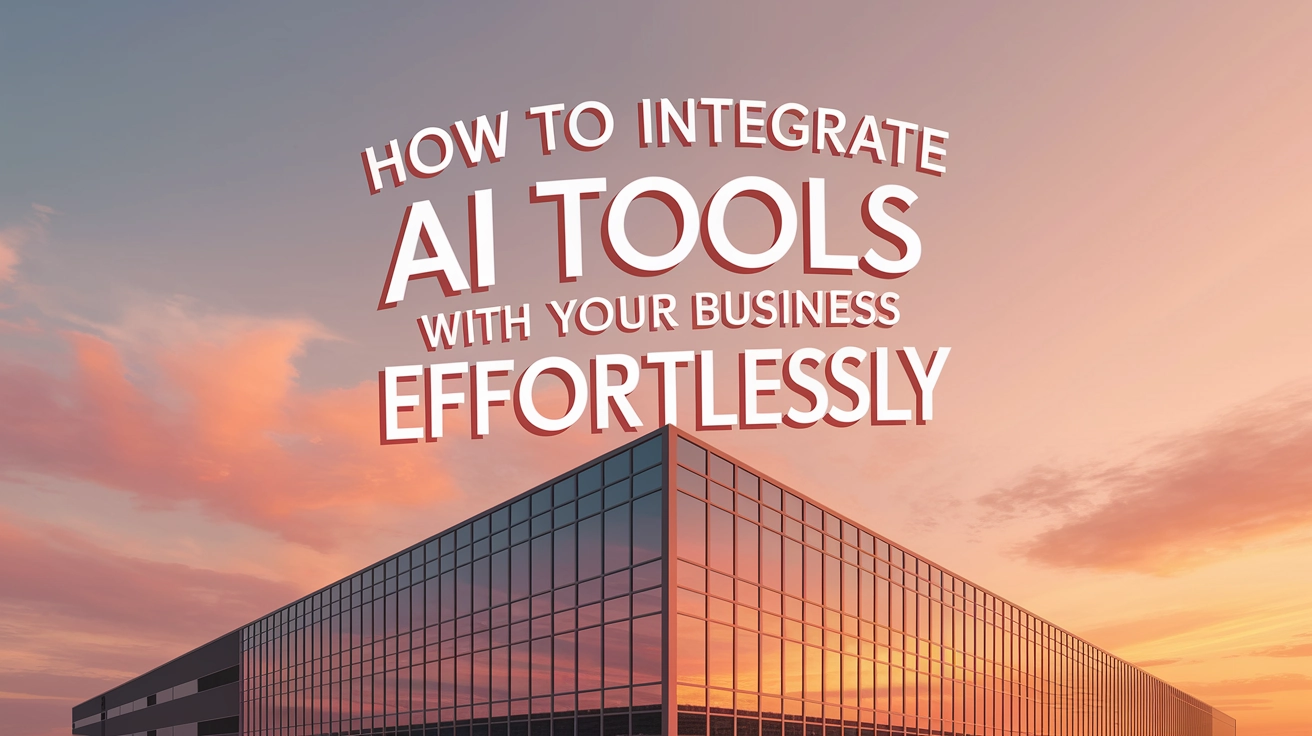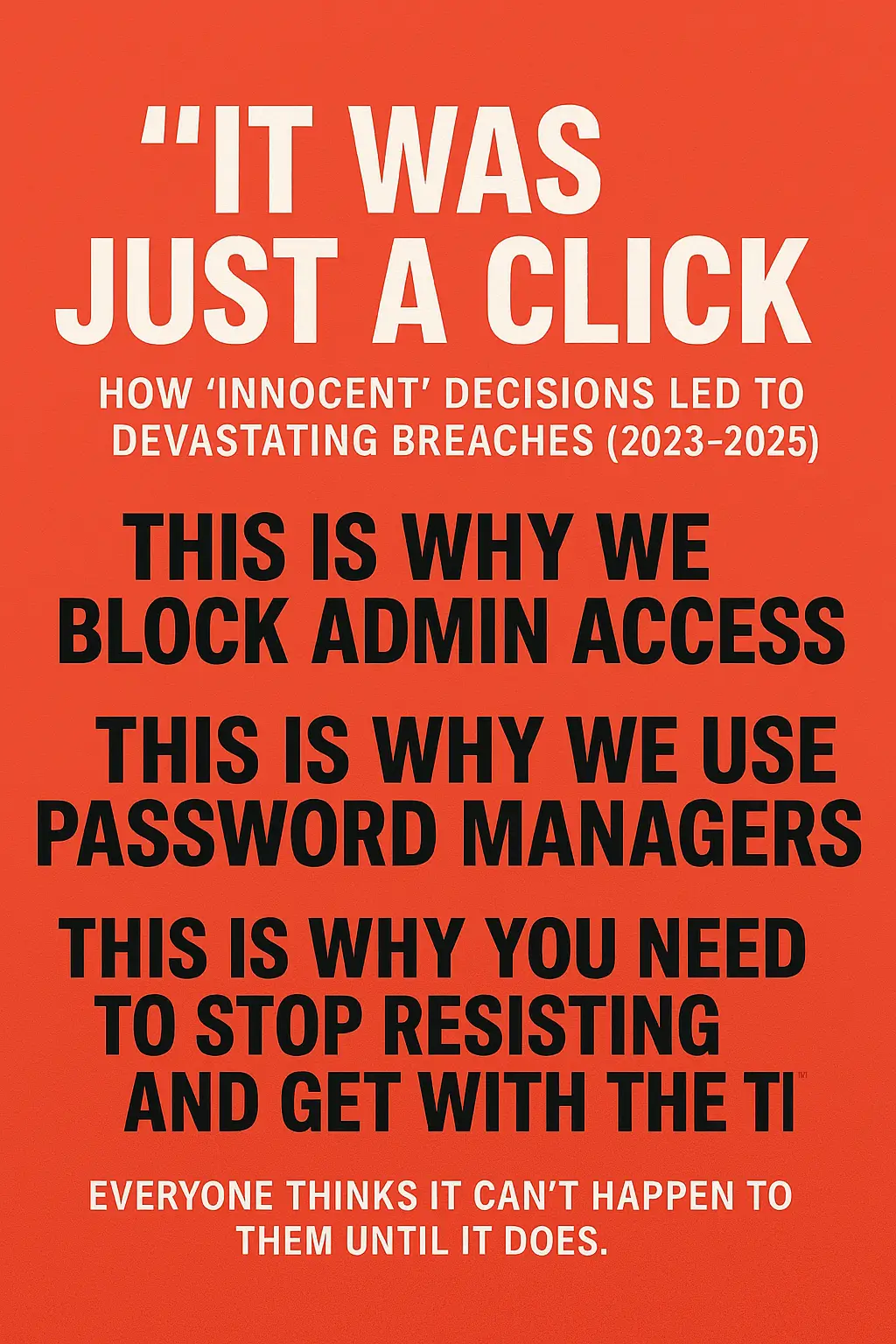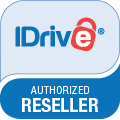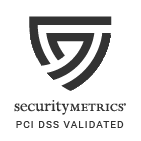Efficiency isn’t just about working harder—it’s about working smarter. By implementing strategic systems and leveraging modern tools, businesses can significantly improve their productivity while reducing stress and overhead.
Get Your FREE Efficiency Assessment and Custom RecommendationsStrategic Task Management
The foundation of business efficiency lies in sophisticated task management. Modern to-do list applications with automated scheduling capabilities can transform how you handle daily operations. These tools can prioritize tasks, set recurring reminders, and even adapt to your work patterns. By integrating with your calendar, they ensure nothing falls through the cracks while maintaining a realistic workflow.
Streamlined Communication
Gone are the days when phone calls were the primary means of business communication. While voice communication remains valuable for complex discussions and relationship building, minimizing unnecessary calls can dramatically increase productivity. Instead, utilize asynchronous communication methods like email, project management tools, or messaging platforms for routine matters. When meetings are necessary, implement calendar linking tools that eliminate the back-and-forth of scheduling appointments.
Technology Infrastructure
A robust technology foundation is crucial for modern business efficiency. This includes:
- Regular hardware and software updates
- Secure cloud storage solutions
- Reliable backup systems
- Strong cybersecurity measures
- Mobile-friendly tools for remote work capabilities
Critical technology decisions should focus on scalability, security, and integration capabilities to support long-term growth while protecting business assets.
Strategic Delegation and Team Management
Effective delegation remains one of the most powerful efficiency tools. Identify tasks that others can manage effectively and create clear systems for delegation, including:
- Administrative tasks
- Email management
- Customer service
- Basic accounting and bookkeeping
- Social media management
- Routine maintenance
Financial Management and Performance Metrics
Beyond basic accounting, modern business efficiency requires comprehensive financial oversight and performance tracking. This includes:
- Regular financial review and timely payments
- Tracking key performance indicators (KPIs)
- Data-driven decision making
- Return on investment analysis
- Cash flow optimization
Remote Work and Digital Integration
The modern workplace demands efficient remote and hybrid work capabilities:
- Virtual collaboration tools
- Clear communication protocols
- Time zone management strategies
- Digital team building initiatives
- Work-life balance considerations
- Cross-platform integration capabilities
Client Management Systems
Implementing effective client relationship management (CRM) systems streamlines customer interactions:
- Automated communication tracking
- Sales pipeline management
- Customer history documentation
- Service delivery monitoring
- Feedback collection and analysis
Sustainable Efficiency and Burnout Prevention
Maintaining long-term efficiency requires attention to mental health and sustainable practices:
- Clear boundaries between work and personal time
- Regular breaks and vacation policies
- Team wellness initiatives
- Workload balancing strategies
- Stress management techniques
Process Documentation and Automation
Create detailed documentation for all recurring processes and identify automation opportunities:
- Standard operating procedures
- Training materials
- Automated workflow systems
- Regular process reviews
- Continuous improvement protocols
Email and Communication Management
Implement systematic approaches to communication management:
- Scheduled email processing times
- Template usage for common responses
- Clear filing systems
- Automated filters
- Purpose-specific email addresses
Regular System Evaluation
Schedule periodic evaluations of your efficiency systems:
- Quarterly technology reviews
- Team feedback sessions
- Process improvement workshops
- Tool utilization assessments
- Performance metric analysis
Team Development
Invest in ongoing team training and development:
- Technical skill enhancement
- Efficiency tool training
- Cross-functional capabilities
- Leadership development
- Innovation encouragement
By implementing these strategies systematically, businesses can create a more efficient, profitable, and sustainable operation. The key is to view efficiency as an ongoing process rather than a one-time fix, continuously adapting and improving as your business evolves. Regular assessment and adjustment of these systems ensure they continue to serve your business’s changing needs while maintaining high productivity and team satisfaction.
Remember that efficiency improvements should always align with your business’s core values and long-term objectives. The goal is not just to work faster, but to work smarter in ways that benefit both the business and its employees.
Get Your FREE Efficiency Assessment and Custom Recommendations
